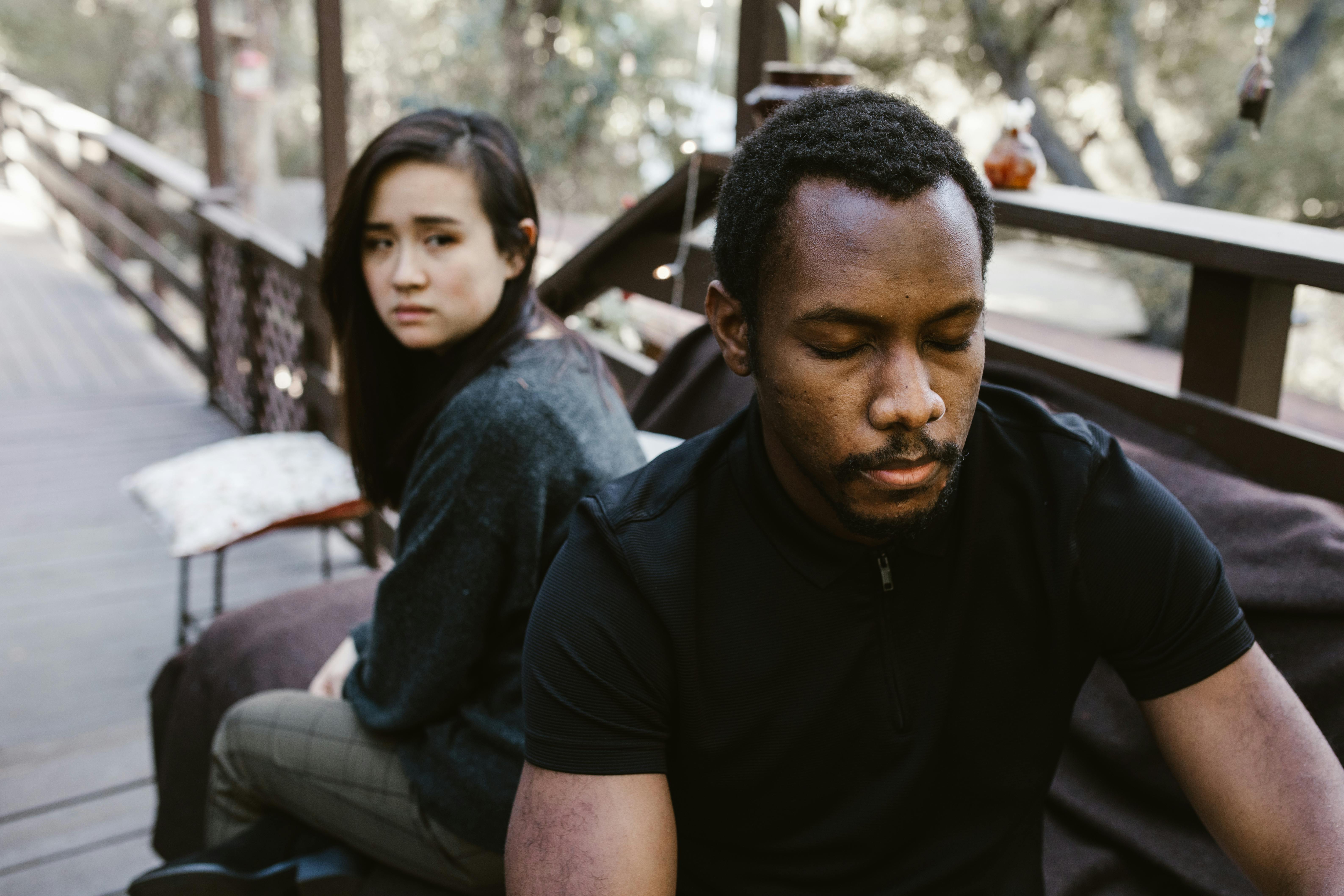Linda Sue Park helped Salva Dut share his experience as a “lost boy” from Sudan who returned home to build a well for his village.
Salva was eleven years old when she set out on foot with thousands of other children who were forced to leave their villages after their parents were killed by soldiers. The violent reality included shootings, being eaten by lions and crocodiles, drowning and being kidnapped to be child soldiers.
The children traveled through southern Sudan, Ethiopia and Kenya. They lived in refugee camps for several years. Salva became interested in learning English, so a cooperant taught it to him. Eventually, when he was young, Salva was one of the group that was allowed to come to the United States.
After a few years in the United States, Salva received the news that his father was still alive but very sick from not having clean water. Salva began her dream of reuniting with her father and finding a way to solve the water problem. With the help of many people organizing and raising funds, her dream came true.
Salva returned home and was reunited with his father. They told her that her mother was still alive but that it was too dangerous to travel to where she was. She was only able to see her father because he was in a hospital.
Salva assembled a team and drilled a well in the town. His term was that no one could be denied water. The townspeople had to unite for the benefit of all. Later, he began to drill wells in other towns.
The ending joined the fictional part of the story with its real story. The fictional story was about a young Nuer woman named Nya some twenty years after she had benefited from the new well. She noticed that the man who gave them the clean water had no tribal markings on her forehead. She guessed that he was from her tribe. She asked someone and they told her that she was a Dinka, not a Nuer. She wondered why she would help them. She plucked up the courage to go to him and said, “Thank you for bringing us the water.”
Girls were now able to attend school because they no longer had to walk to fetch water.
This story is precious to me because of the young Sudanese adults in my life. One is my friend and his family. The other is my daughter-in-law. My friend is Dinka and my daughter-in-law is Nuer. I love you both.
My friend’s dream is to build a school building for the children of his village. I want to help him. We will need a lot of help. I’m sure every one of the “Lost Boys” has dreams. Although telling their stories is painful, one by one, we can help them build a better future for the next generation.
